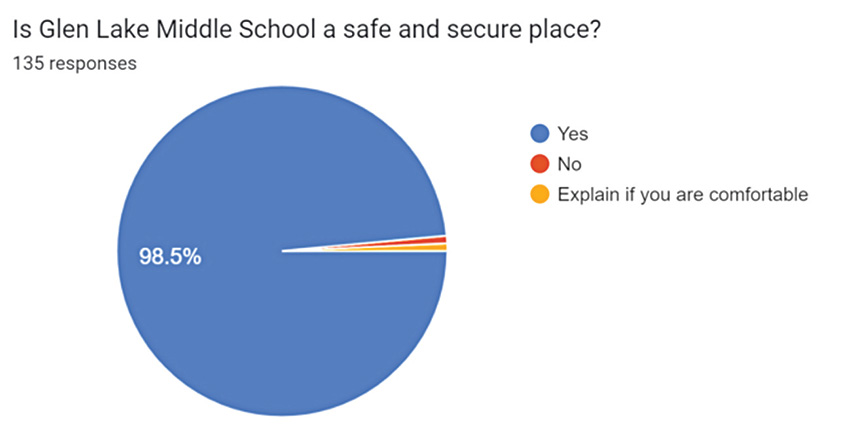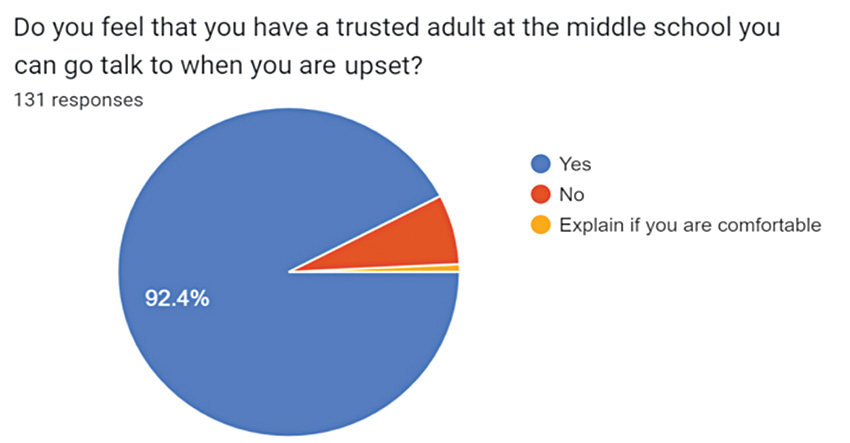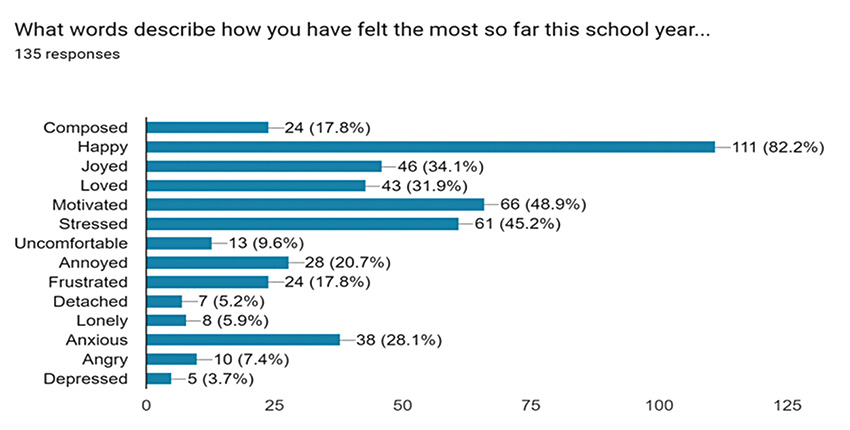
A Dynamic SEL Curriculum for Grades 6 to 8
School uses rotation classes to emphasize skills that students in each grade need to practice.
Topics: Social Emotional Learning, Middle Level
Over the past few years, adult mindsets around social-emotional learning (SEL) have started to change. Our middle school staff was so focused on the “what” that we didn’t get very far with the “how.” But we evolved our conceptions of SEL competencies, program implementation, and the importance of student outcomes to approach SEL in a more balanced way.
Growing evidence indicates that implementation—how a program or set of practices is delivered—influences the effect of SEL on student outcomes. We took this information and developed nine-week rotation classes for each middle school grade level. Every student participates in nine-week rotation classes each middle school year.
We don’t use a specific Tier I program but instead incorporate the four elements represented by the acronym SAFE: Sequenced, Active, Focused, and Explicit. Our classes use a sequenced set of activities, active learning, and a component focused on a personal or social skill to target SEL skills explicitly. It’s not perfect, but as continual learners, we feel that the approach has supported the integration of SEL skills into academic content.
Teaching Specific Skills
Courses look different at each grade level (Figure 1) and use a developmental lens to guide which SEL skills will be taught explicitly. To start, all sixth grade students take a course titled “Hug Your Brain.” This class supports learning about early adolescence and the brain, weaving in read-aloud books that most kids still love to hear. Although “Hug Your Brain” covers several SEL competencies, the main focus is self-awareness.

“Collaborative Games” is a sixth grade class that is more than just games. We provide a playful learning environment that concentrates on collaboration, problem-solving, and conflict resolution in dynamic and group situations to teach how to navigate situations when life doesn’t go your way. Knowing it’s hard not to win, it’s hard to be upset in front of peers, and it’s hard to learn how to bounce back from a loss, we help learn to negotiate unsettling circumstances.
For seventh grade, we begin to introduce focused conversations around social media hand in hand with social awareness. By using excerpts from The Social Dilemma, students dive deeper into perspective-taking, identity development, the power of perception, and ethical decision-making. The class is intentionally designed to incorporate input from students, and it can ebb and flow based on dialogue.
Our students can’t wait to be in eighth grade and take wood shop, so we wait to concentrate on self-management through the lens of safety. For students to use tools and machines on their own takes courage and—at times—overcoming fear.
In wood shop, students complete two projects: one personal project to take home, and one project to give back to the community. Students exercise self-discipline and self-management to complete the projects in nine weeks, setting personal goals, planning, using organizational skills, taking initiative, and following through. Students at Glen Lake Middle School persevere and produce top-quality work with what we call “Laker Pride.”
Incorporating Student Feedback
Each year, we gather student feedback; if courses need to change, we review our student survey data and SELweb data to make informed decisions not only for nine-week rotation classes but also about what to tweak to improve the program for our safe, inclusive school family.
STUDENTS SAY SEL MAKES A DIFFERENCE
Student surveys tell the school if its SEL strategies are working.



In addition, staff continue to learn adult practices in support of their own mental health and mindset. This year, we’re centering adult learning on research from Lori Desautels, author of Connections Over Compliance and other books. Her website, revelationsineducation.com, offers information you can use for quick check-ins with staff or longer, intentional professional learning.
Student data shows that our approach over the past three years is making a difference and gaining momentum. We still have work to do, but we are getting students to share their emotions, feelings, and thoughts; they know that we hear them and will continue to work alongside them to support their social, emotional, and cognitive needs. We’re embracing that growth and reshaping our learning journey.
Dina Rocheleau is principal of Glen Lake Middle School in Maple City, Michigan.

